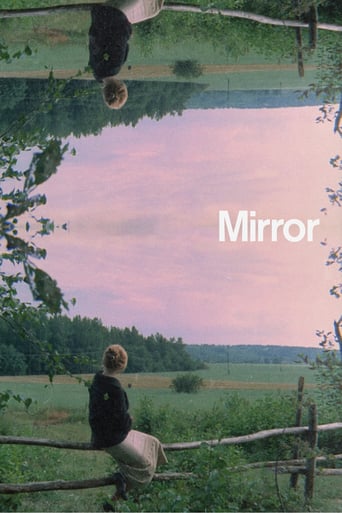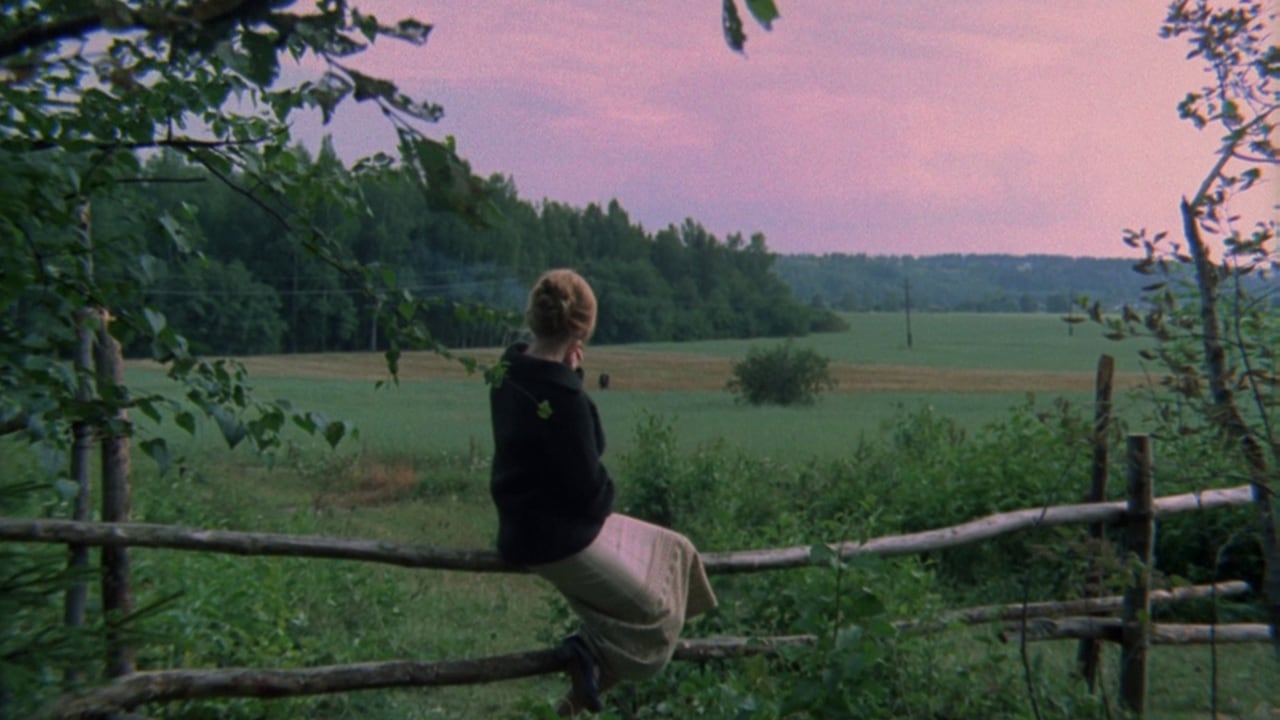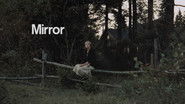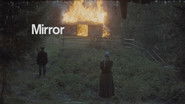Leofwine_draca
THE MIRROR is another art-house drama by Russian director Andrei Tarkovsky. I'm no fan of this guy, so I'll keep my thoughts brief. In terms of visuals, this film is very good, well thought out, with carefully constructed compositions and the like. Tarkovsky would make a good painter and his style reminded me a little of Herzog's HEART OF GLASS. As for the rest, it's typically long-winded, personal, boring, and familiar from the rest of his work. The characters are dull and the plot events strive for meaning but feel quite obtuse. The only part of this I found interesting from a historical perspective is the segment detailing Communist China.
gavin6942
A dying man in his forties remembers his past. His childhood, his mother, the war, personal moments and things that tell of the recent history of all the Russian nation.Tarkovsky is probably the greatest Soviet / Russian director of his generation. Indeed, who else even comes close? If you were to list the top Russian directors of all time, Tarkovsky would be right near the top, perhaps only beaten by Eisenstein.He has a science fiction and fantasy way to look at the world, and even in more realistic films like this one, that sense of wonder comes through. Few other directors would "paint" their scenes like this, out of order and in different colors (or lack of color). He is someone who ought to be studied, and surely is.
dkwootton
Ignat turns on the television and steps back, the camera panning behind his head placing the spectator into his mind (or into his consciousness). We watch what he watches – a doctor helping a teenager overcome a speech impediment. The two shots that precede the pre-title sequence are a curious opener for a film, but could not be a more appropriate way to begin The Mirror (1974), Tarkovskii's introspective study into memory. The televised examination of the stutterer is one of those rare, inexplicable moments that stand out when reflecting on one's childhood: we cannot control the distinctive images or brief flashes that stick, but for some odd reason they do.The Mirror is a tremendously personal film, with Tarkovskii's father Arsenii reading his own poetry, and (I assume) many of the past sequences and dreams lifted from the filmmaker's own life (we even see a poster for the director's second endeavor Andrei Roublev (1966) during a pan in the phone conversation). Tarkovskii turns the abstract, the metaphysical and the spiritual into something concrete in his images. The film is loosely structured playing as if a recollection of memories with each scene a strong impression from the past. The rich greens, the moment with the fence breaking and doctor laughing, the gust of wind as he walks away and the burning barn all seem as though Tarkovskii is reconstructing vivid incidents from his youth and transcribing them to celluloid. Tarkovskii often employs his trademark meditative long takes; each shot an investigation into motion as the filmmaker dwells on subtle textures such as the dripping of water, the river stream and the strength of the wind. The title The Mirror evokes a reflection, possibly the way we reflect upon and dream about our own past experiences. Our nostalgic and imaginative visions from the past maintain a realness that "objective" history lacks. In the final moments of our life, all we have are our learned experiences and flashes from our memories as Tarkovskii gives us a bird leaping from the hands of the dying man cutting to the sun setting in the open field, the childhood house and the mother laying in the grass.
Robert Brogan
The Mirror is said to be a film that is not easy to understand. I say that it does not have to be understood to be enjoyed. This is a very beautiful, cerebral, and emotive film. As with other Tarkovksy films, there is both the natural and the supernatural, but the natural is by far the dominant. The supernatural is like this overflowing of natural spirit (very much like in the STALKER film). The film is highly elemental: watery, fiery, windy, and earthy at different times, and the elements give off energy, and the world feels like this plastic material which one makes art out of. This is very different from the staged feeling of many films. In the Mirror, even the manmade structures feel natural, man feels natural as an expression of life. Even if you are aware it is a film, how can it feel artificial when it flows from a natural source? Aside from the vibe, the Mirror is a great film to look at. The lead actress is quite beautiful, though not in a conventional way, expressive and spirited. The camera-work is really great, gives a great sense of a taking place, love the movement in each scene. If you are the type of person that feels spiritual or meditative at times, or loves to just look at art or watch nature (or people), then the Mirror will be an excellent choice for you.


 AD
AD







